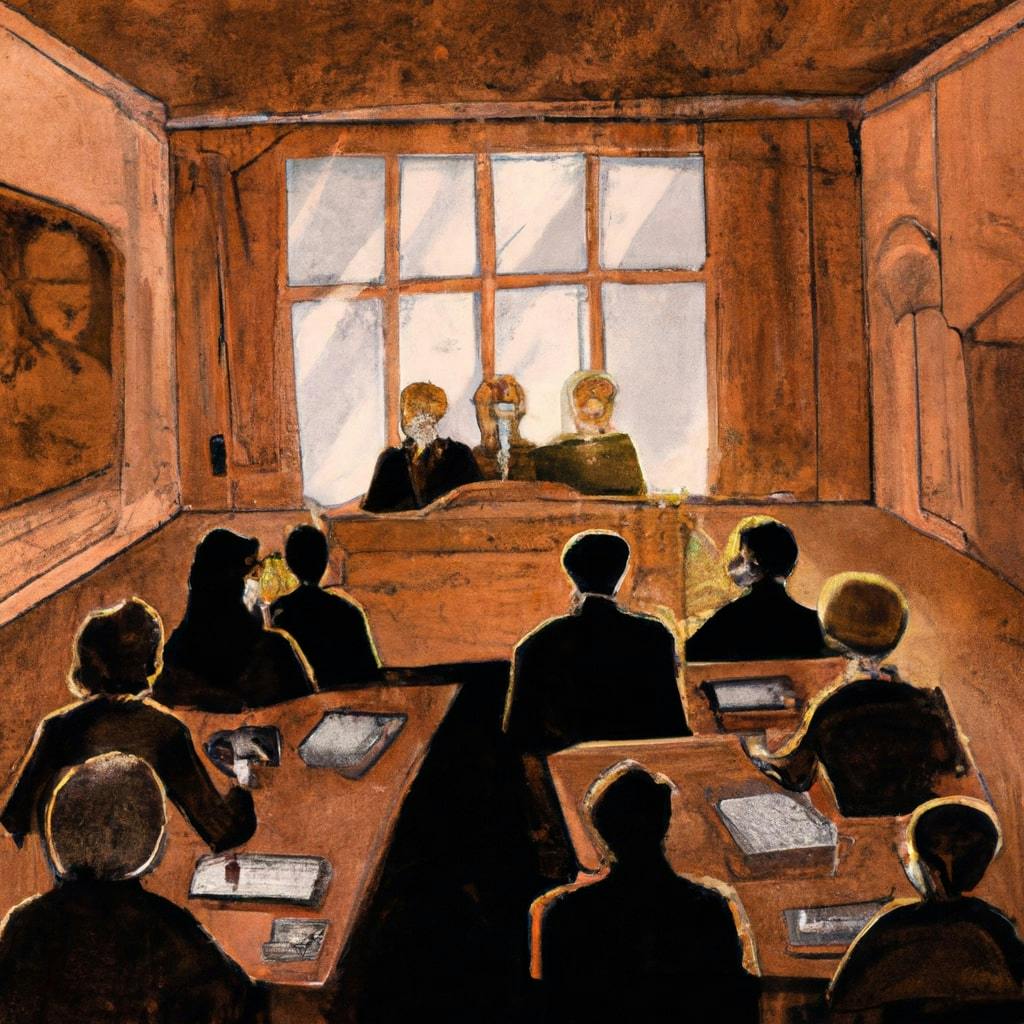How All of Russian TV Became State-Controlled
Short biography of the freedom that never happened.


For those Russians who are strongly influenced by the Kremlin narratives, independent reporting on the ongoing war in Ukraine may not be well received or may not even reach them. However, there are people who, when exposed to contradicting evidence, initially feel discomfort but eventually resolve cognitive dissonance by altering their opinions and accepting the new information.
We have an inner drive to hold all our attitudes and behaviours in harmony and avoid disharmony (or dissonance). Dissonance arises when a person holds two cognitions that are psychologically inconsistent. For example, a person gets introduced to two conceptions “I love junk food” and “Eating junk food is bad for your heart.” These two conflicting ideas create a state of dissonance. To resolve it, the person can either change their behaviour (stop eating junk food) or to change their attitudes (eating junk food is not that bad for your health).
Psychologist Leon Festinger conducted a series of experiments that introduced and tested the idea of cognitive dissonance in the 50s. According to the theory, people have an innate drive to maintain consistency and avoid disharmony between their beliefs, attitudes, and behaviours. This drive to reduce dissonance is what leads people to distort their perceptions of reality, double down on their beliefs, or change their behaviours.
When new conflicting information challenges our previously held beliefs, we usually either ignore the new evidence and reinforce our prior beliefs, or we may revise their beliefs to align with the evidence and change our behaviour. This is why in politics, cognitive dissonance can result in both constructive dialogue and re-evaluation of beliefs, but it can also lead to confirmation bias where individuals only seek information that supports their beliefs and ignore conflicting information.
Cognitive dissonance in politics can have both positive and negative consequences. On the one hand, it can lead to constructive dialogue and a re-evaluation of beliefs. On the other hand, it can lead to a confirmation bias, where people only seek out information that supports their beliefs and ignore or dismiss conflicting information. The reactions of Russians to the war in Ukraine provide a compelling example of cognitive dissonance in politics. Despite the growing body of evidence that contradicts the official narrative put forth by the Kremlin, some Russians continue to believe the “official” story and dismiss opposing evidence as false.
For many Russians, seeing videos of bombings, looking at reports of the Russian army shooting at civilians, and talking with family and friends in Ukraine creates a sense of conflicting realities. To resolve the resulting cognitive dissonance, some Russians, following the theory of cognitive dissonance, double down on their beliefs and dismiss new evidence. This helps explain why, in the early stages of the war, some Russians denied the ongoing military invasion altogether along with the idea that Russian soldiers can shoot civilians. However, as denying the war became increasingly untenable due to the sheer amount of evidence, some Russians have started to resolve their dissonance by subscribing to conspiracy theories, suggesting that there must be hidden motives behind the authorities’ intentions and that the world is more complex than it appears. This trend is also supported by cognitive dissonance researchers. Aronson and Tavris highlight that “when people feel a strong connection to a political party, leader, ideology, or belief, they are more likely to let that allegiance do their thinking for them and distort or ignore the evidence that challenges those loyalties.”
Short biography of the freedom that never happened.

The Impact of Russia's Education System on Critical Thinking

How Orwell became the Russian Reality

Our media platform would not exist without an international team of volunteers. Do you want to become one? Here's the list of currently opened positions:
Is there any other way you would like to contribute? Let us know:
We talk about the current problems of Russia and of its people, standing against the war and for democracy. We strive to make our content as accessible as possible to the European audience.
Do you want to cooperate on content made by the Russian standing against the war?
We want to make people of Russia, who stand for peace and democracy, heard. We publish their stories and interview them in Ask a Russian project.
Are you a person of Russia or know someone who would like to share their story? Please contact us. Your experience will help people understand how Russia works.
We can publish your experience anonymously.
Our project is ran by international volunteers - not a single member of the team is paid in any way. The project, however, has running costs: hosting, domains, subscription to paid online services (such as Midjourney or Fillout.com) and advertising.
Our transparent bank account is 2702660360/2010, registered at Fio Banka (Czech republic). You can either send us money directly, or scan one of the QR codes bellow in your banking app:




Note: The QR codes work only when you scan them directly from your banking app.
Russia started the war against Ukraine. This war is happening from 2014. It has only intensified on February 24th 2022. Milions of Ukrainians are suffering. The perpetrators of this must be brought to justice for their crimes.
Russian regime tries to silence its liberal voices. Russian people against the war exist - and the Russian regime tries its best to silence them. We want to prevent that and make their voices heard.
Connection is crucial. The Russian liberal initiatives are hard to read for European public at times. The legal, social and historical context of Russia is not always clear. We want to share information, build bridges and connect the liberal Russia with The West.
We believe in dialogue, not isolation. The oppositional powers in Russia will not be able to change anything without the support of the democratic world. We also believe that the dialogue should go both ways.
The choice is yours. We understand the anger for the Russian crimes. It is up to you whether you want to listen to the Russian people standing against this.